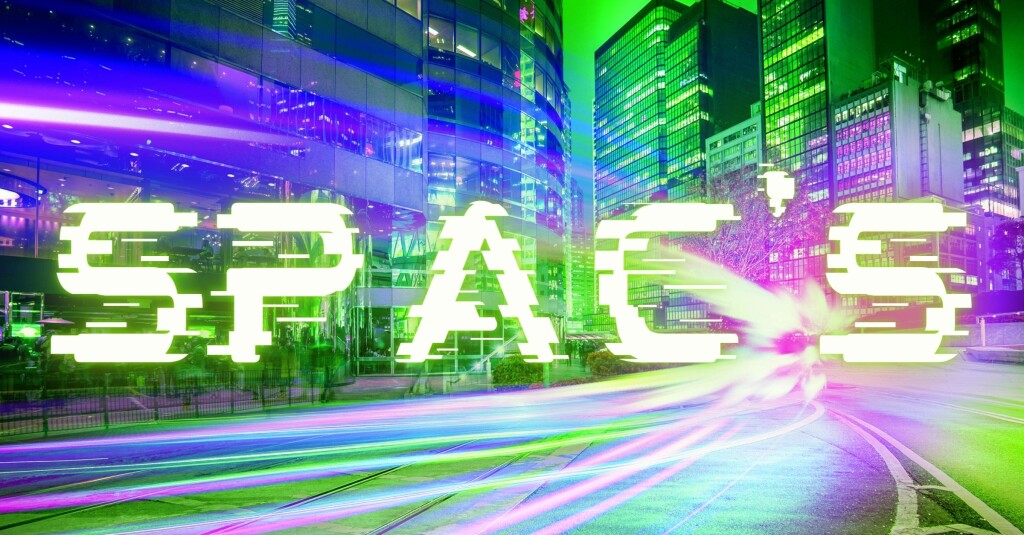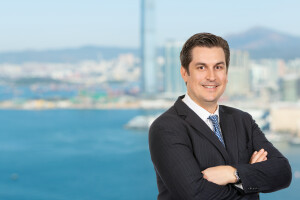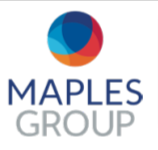
1. What is a special purpose acquisition company (“SPAC”), and how does it operate?
Matt Roberts:
A SPAC is a company that raises capital through an IPO with the intention of identifying and acquiring a target company, usually in a pre-determined sector, typically within 18 to 24 months.
The management team will have specific expertise and track record in the relevant sector, and will take on responsibility for identifying the target companies for acquisition. It follows that the SPAC’s investors are effectively placing their trust in the qualities of the management team rather than a traditional IPO, where incoming investors would need to engage in detailed due diligence in the target issuer. This has resulted in SPACs being called ‘blank cheque’ vehicles.
SPAC investors will typically acquire a combination of shares and warrants (representing the right to acquire additional shares) in the SPAC. The management team or sponsor will hold a minority shareholder interest in the SPAC, typically around 20% of the equity, allowing them rights around board membership during the pre-acquisition period.
The securities of SPACs have been listed on NYSE, NASDAQ, Euronext Amsterdam, the LSE’s Main Market, AIM, Singapore and now in Hong Kong.
2. In what ways does a SPAC public offering differ from a conventional IPO process and in which instances might it be preferable?
Matt:
SPACs led by an experienced management team are backed by a sponsor and raise cash to acquire or merge with a target company in a specific sector or industry. Traditional IPOs involve the offering of securities by an issuer that is already operating a business with a track record of revenue generation. For US listings, the SPAC IPO and traditional IPO engage in an approval process with the US Securities and Exchange Commission (SEC). Similarly for Hong Kong listings, a SPAC IPO applicant and traditional IPO applicant will undergo an approval process with the Hong Kong Stock Exchange (HKSE) and Securities Futures Commission (SFC). The major differences between a SPAC IPO and traditional IPO revolve around the type of securities offered, the transaction documentation, the length of the process, the amount of disclosure in the offering document, and the valuation of the fund offering.
Going through a traditional IPO exposes a company to enormous scrutiny over the
Both HK and SG markets offer a very compelling story for SPAC promoters and no market is better than the other.
months leading up to the IPO, and can result in uncertainty around valuation methods up to the pricing of the IPO. SPACs are selling a management team rather than a product and company with an operating history, and are therefore usually not subject to the same level of examination.
3. Which offshore jurisdictions are currently best-suited to SPACs and how do they compare?
Matt:
The Cayman Islands exempted company is a vehicle whose characteristics are well understood across the Asian and North American markets, among others. There is also increased interest in using offshore vehicles for IPOs on European securities exchanges including Euronext.
When it comes to Asia, Cayman Islands and British Virgin Islands (BVI) structures continue to be a powerful tool providing Asia-based SPAC promoters with the right corporate and governance framework that will allow them to attract and maintain investor funding, incentivise management and promote the objectives of key stakeholders. Additionally, the use of a Cayman Islands exempted company provides the right structure for the SPAC to be in a position to consummate a business combination following the IPO, once the SPAC’s board has identified a prospective target for the SPAC to acquire/merge with under such business combination (commonly known as the de-SPAC transaction). There is increasing interest in, and consideration of, Asia-based operating businesses as acquisition targets for de-SPAC transactions. As such, we have seen Cayman Islands vehicles used as SPAC issuer and Sponsor vehicles for recently listed Singapore and Hong Kong SPAC IPOs.
4. What are some salient points to consider for in-house counsel of off-shore incorporated companies in Hong Kong and Singapore who are looking towards a SPAC listing?
Matt:
Both HK and SG markets offer a very compelling story for SPAC promoters and no market is better than the other. Singapore’s SPAC regime has been developed based upon the US SPAC regime and so whilst the Singapore and US regimes are clearly different, the main fundamentals of both regimes are similar and this makes it easier for those SPAC promoters who have experience in the US market to be able to apply that experience towards successfully launching a SGX SPAC. SGX SPACs are also not limited to sophisticated/professional investors, which provides a potentially greater pool of investor capital/liquidity.
Under HK’s SPAC Listing Rules, HK SPACs may only be offered to sophisticated/professional investors and there are a number of HK specific requirements to address both HKSE and the HK Securities Futures Commission requirements to ensure that HK SPACs strike the right balance between investor protection and successfully facilitating de-SPAC transactions. The great attraction for HK SPACs is that they can be effectively utilised by HK/PRC based SPAC promoters to pursue M&A acquisitions in China and of course outside China as well and that could lead to some very exciting M&A opportunities for those investors in HK SPACs. Again, we see the new HK SPAC regime as being a very exciting development for HK, China and Asia and we have received a number of enquiries/mandates from current and prospective SPAC promoters who are very keen to launch a HK SPAC IPO.
5. What can we expect to see in the SPAC-realm in 2022 and beyond?
Matt:
We expect to see the HK and SG SPAC markets develop with the first wave of HK and SG SPAC IPOs having launched or anticipated to be launched in the first half of 2022. We also anticipate the first wave of de-SPAC transactions to be announced in the coming months as the initial HK and SG SPACs look to successfully execute de-SPAC deals.
We see the US SPAC market continuing to be subject to market volatility due to the high number of US SPACs looking for potential de-SPAC targets but the de-SPAC market will be very active as SPACs remain a viable option for founders/stakeholders looking to take a private company public and monetise/exit their investment.
6. Finally, how can the Maples Group help in SPAC-related deals?
Matt:
Maples Group has acted as offshore counsel for over half of all SPAC deals recorded in Asia during 2020 and 2021 and was listed as the leading offshore SPAC adviser by Asia Business Law Journal SPAC advisory league table. Most recently, the team has advised on the first SPAC listing in Singapore, namely Vertex Technology Acquisition Corporation, as well as Aquila Acquisition Corporation, the first ever SPAC IPO in Hong Kong, both of which each represented an important milestone IPO in Asia. The team also advise a number of Asia based institutions, asset managers and HNIs looking to list their SPACs on either the New York Stock Exchange or NASDAQ.
In Asia, our HK and SG offices continue to be selected to act as Cayman Islands counsel on SPAC IPOs (whether in the US, HK or SG) as a result of the firm’s market-leading experience and comprehensive capabilities in this area and we look forward to providing our depth and breadth of experience to Asia-based sponsors as they bring their IPOs to market. No other offshore firm has the breadth of experience on SPAC mandates than the Maples Group and we act as offshore counsel for more SPAC IPOs and de-SPAC mandates than all of our other competitors.

Matt Roberts
Matt Roberts specialises in advising financial institutions, publicly listed and private companies, asset managers and promoters on M&A, private equity, joint ventures, reorganisations, corporate governance and capital markets (including initial public offerings, secondary offerings, SPACs and preferred share financings). He is recognised as one of “China’s Elite 100 lawyers (Foreign firm)” by China Business Law Journal’s A-List 2020.


















